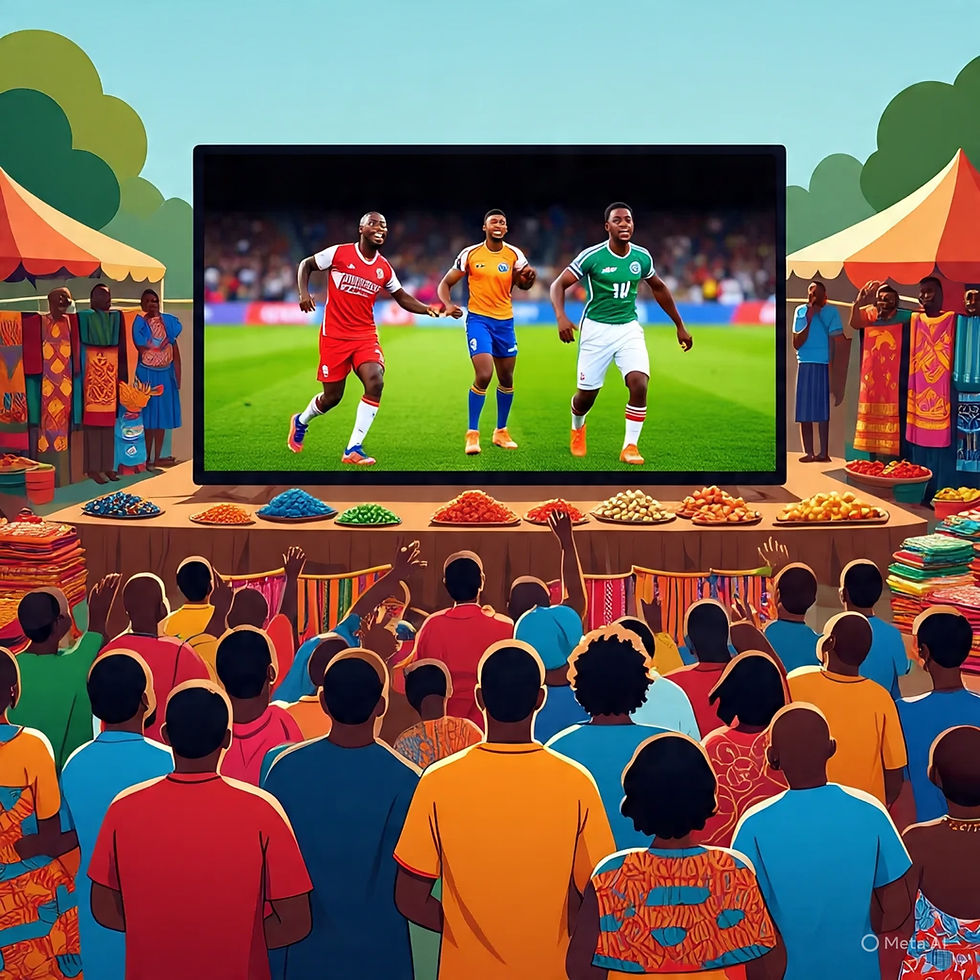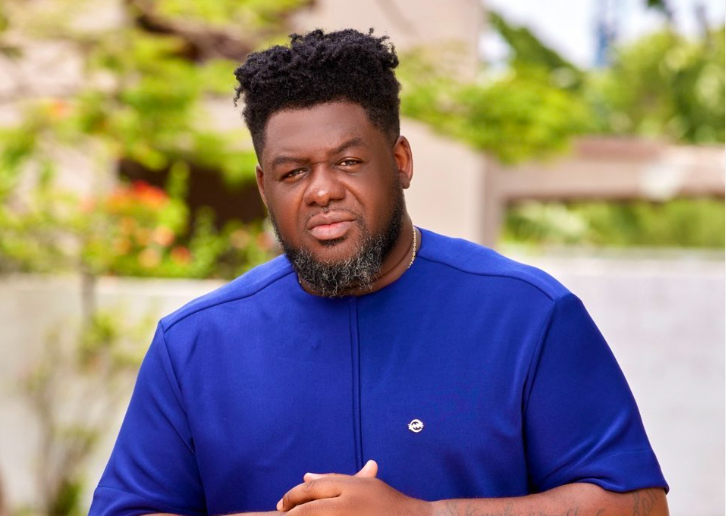Exploring Ga Culture Through Marion Kilson’s Dancing with the Gods
- orpmarketing
- Jun 12, 2025
- 3 min read

The Ga people of Ghana, primarily residing in the Greater Accra Region, have a vibrant cultural heritage that is deeply rooted in their rituals, music, and communal practices. One book that offers a profound exploration of these traditions is Dancing with the Gods: Essays on Ga Rituals by Marion Kilson. In this blog post, I’ll dive into why this book is a must-read for anyone interested in understanding the spiritual and cultural fabric of the Ga people, and how it sheds light on their unique worldview.
A Glimpse into Ga Rituals
Published in 2013, Dancing with the Gods is a collection of essays based on Kilson’s ethnographic research among the Ga people. The book’s title is evocative, hinting at the centrality of dance in Ga religious practices and the intimate connection between the mortal and divine. Kilson highlights how dance is not just an art form but a communal act that binds the Ga to their gods, fostering unity and spiritual harmony. As she notes, “Dance was usually a communal rather than an individual act. The high point of most religious festivals usually involved some form of dance”.
The book delves into the Ga’s ritual practices, which aim to maintain order and balance between humans and the divine. Kilson explains that Ga rituals are designed to “establish contact with divinity and to achieve certain goals through this interconnection”. From the Homowo festival, which celebrates the Ga’s resilience against hunger, to the intricate Kpele cult songs, the book captures the essence of Ga spirituality and its role in community life.
Why Dancing with the Gods Stands Out
What makes Kilson’s work compelling is its detailed case studies, drawn from her fieldwork among the Ga. She explores both verbal and nonverbal rituals, offering readers a taxonomy of Ga practices that is both academic and accessible. The book includes over 240 Kpele cult song texts, each accompanied by English translations, providing a rare glimpse into the Ga’s sacred oral traditions. These songs are not just poetic; they are a window into the Ga’s cosmology, reflecting their beliefs about the universe and their place within it.
Kilson’s analysis also touches on the philosophical underpinnings of Ga rituals. She poses thought-provoking questions about how these practices can inform modern Ghanaian culture and address contemporary challenges. For instance, she references Emmanuel Abraham’s observation that technological development must be paired with cultural development to avoid societal decline. This perspective is particularly relevant in today’s Ghana, where rapid urbanization often overshadows indigenous traditions.
A Missed Opportunity: Blood Sacrifice
While Dancing with the Gods is thorough in many respects, reviewer Gyau Kumi Adu points out one notable gap: the lack of in-depth discussion on blood sacrifice, a significant aspect of Ga rituals. Although mentioned briefly, the book does not fully explore the role of blood in communal meals or deliverance rituals. For readers seeking a comprehensive understanding of Ga practices, this omission is a reminder that no single book can cover every facet of a culture as rich as the Ga’s.
Why You Should Read It
If you’re curious about African spirituality, Ghanaian culture, or the interplay between tradition and modernity, Dancing with the Gods is an essential read. It’s not just a scholarly work; it’s a celebration of the Ga people’s resilience and creativity. The book’s exploration of dance, song, and ritual offers a vivid portrait of a community that continues to thrive despite the pressures of modernization.
For those interested in diving deeper, I recommend pairing this book with Kings, Priests, and Kinsmen: Essays on Ga Culture and Society by E.A. Ammah, edited by Marion Kilson, for a broader perspective on Ga social structures. Together, these works provide a rich tapestry of insights into one of Ghana’s most dynamic ethnic groups.
Final Thoughts
Marion Kilson’s Dancing with the Gods is more than a book—it’s an invitation to step into the world of the Ga people, to feel the rhythm of their drums, and to understand the profound connection between their rituals and their identity. Whether you’re a student of anthropology, a lover of African culture, or simply curious about Ghana’s heritage, this book will leave you with a deeper appreciation for the Ga’s enduring legacy.
Have you read Dancing with the Gods or explored other works on Ga culture? Share your thoughts in the comments below, and let’s keep the conversation going!




Comments